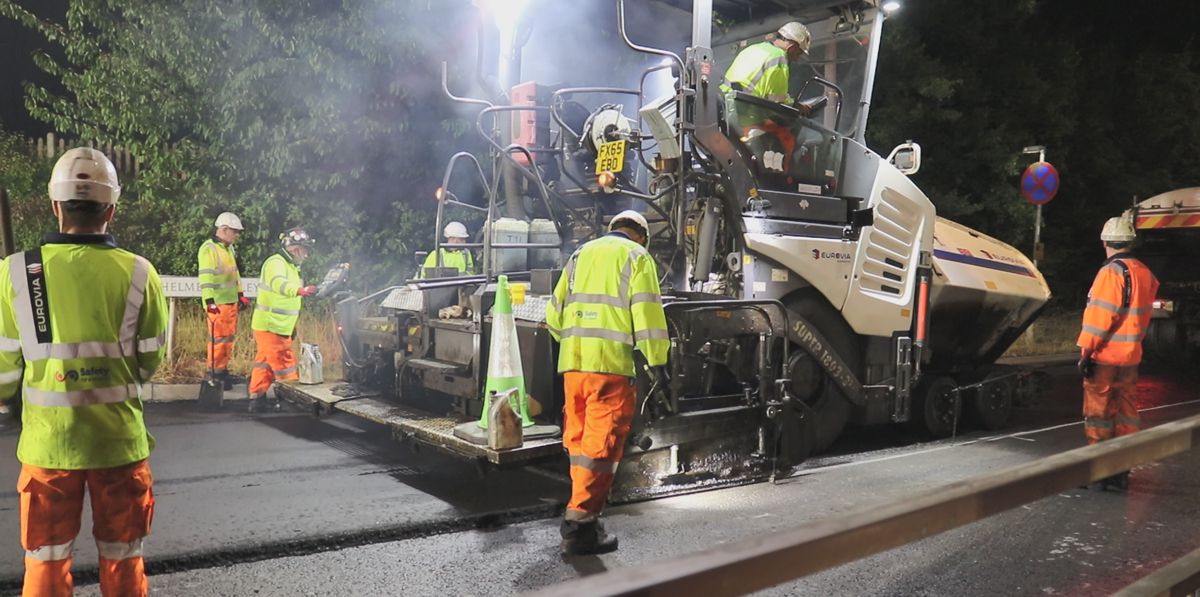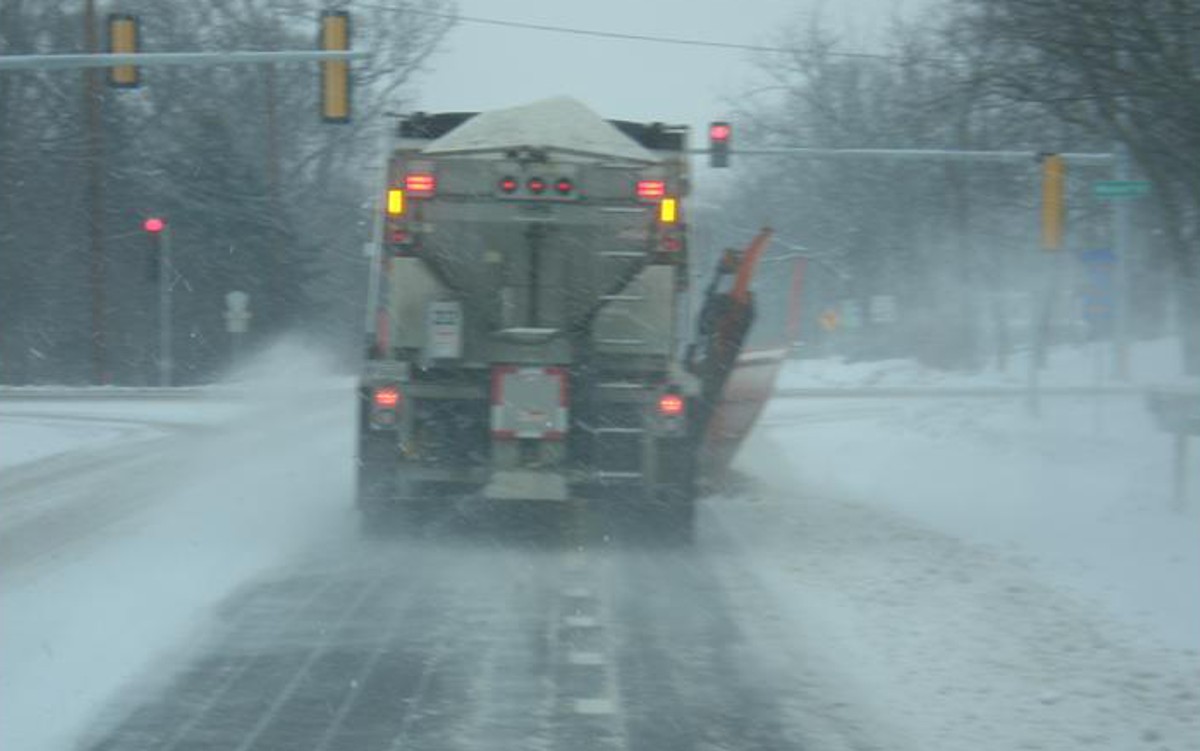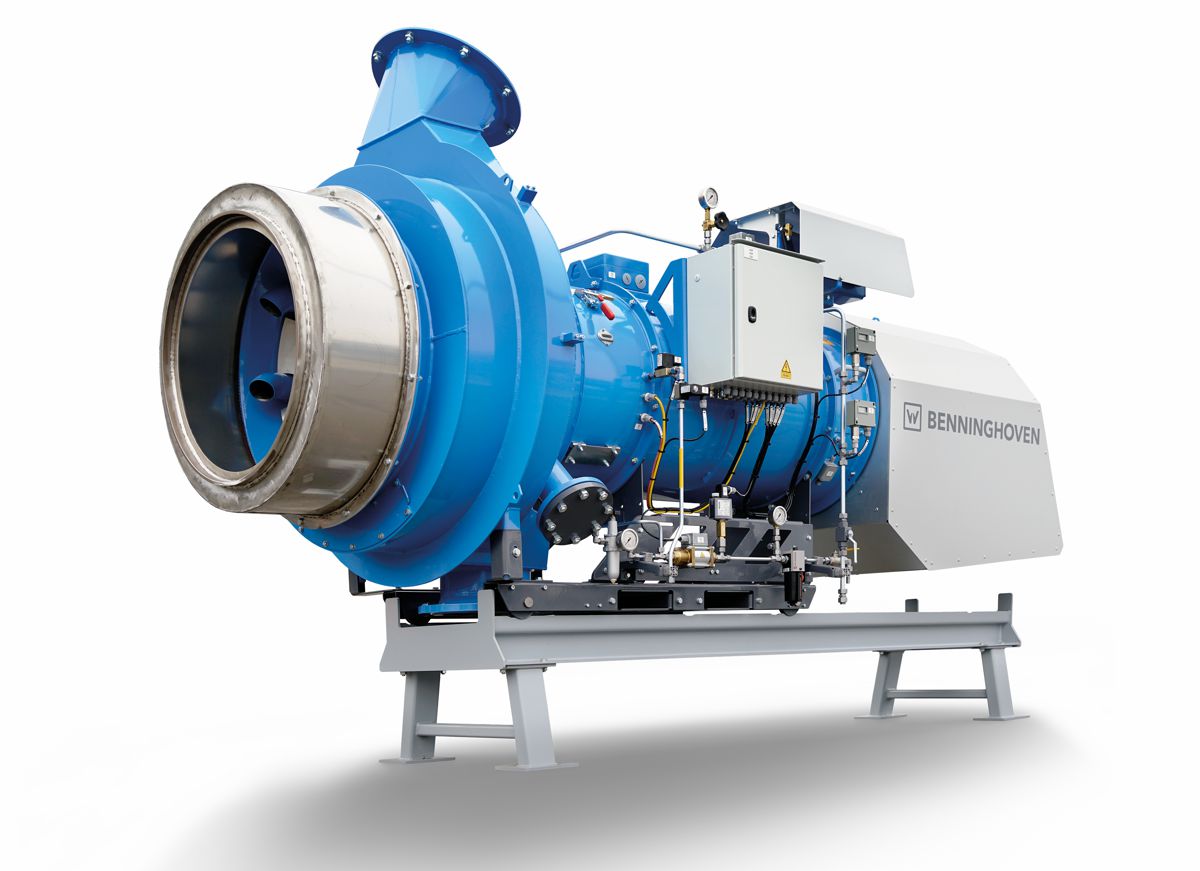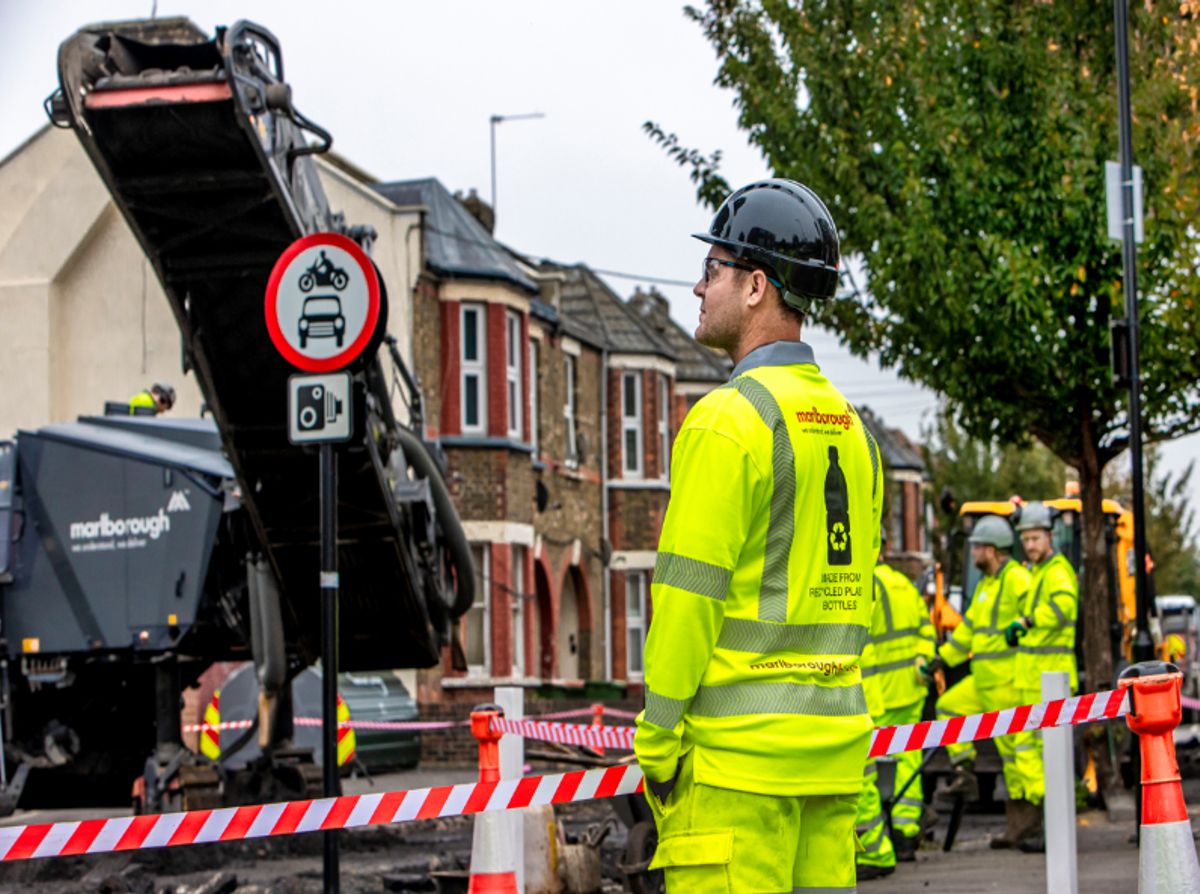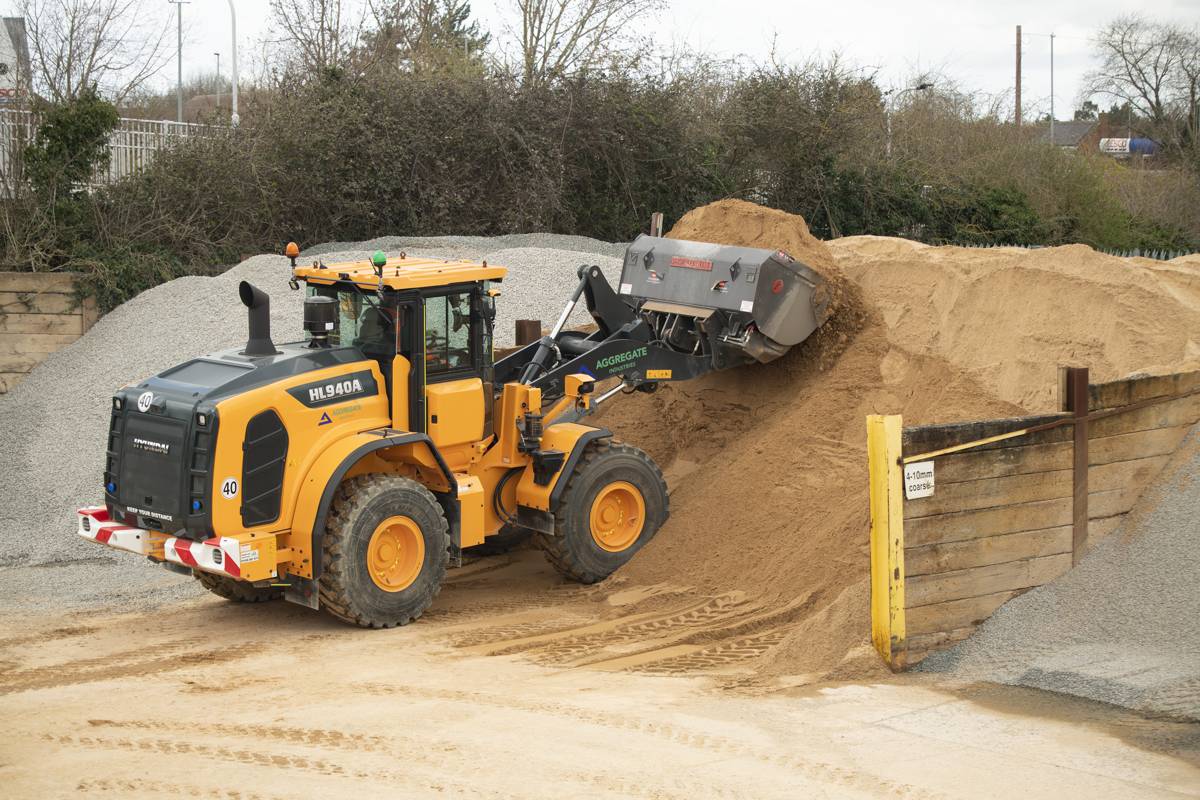UK Government utility proposals fail to address the real pothole issue
New government proposals to force utility companies to maintain roads for five years after digging them up have been welcomed by the Road Surface Treatments Association – RSTA. However, such proposals will not address the real issue affecting the pothole riddled road network: the lack of long-term investment to carry out preventative maintenance.
Under the proposals, the current two year period that gas, electricity, water and communications companies have to ‘guarantee’ the road surface after work has will increase to five years. The Department for Transport said that new standards will be introduced to force contractors to use toughened asphalt so that road surfaces do not crumble soon after work is completed.
The proposals are a response to concerns that utility companies fail to reinstate the road surface properly leaving it vulnerable to cracking, rutting and potholes.
“Although the proposals to ensure correct road surface reinstatement are welcomed, they do not really address the main issue behind the deteriorating local road network,” said Mike Harper, RSTA chief executive. “The main reason for poor road surfaces is that highway authorities do not have enough assured funding to carry out the programmes of long-term maintenance, such as surface dressing, that would prevent potholes from forming in the first place. The proposals are just tinkering and not really getting to grips with the facts that, according to the latest AIA ALARM Survey, 24,000 miles of road need repairing over the next year and it would cost £9.3bn to bring our local roads up to an adequate standard.”
Harper pointed out that there already readily available high performing materials that can deliver long-term reinstatement. Asphalt reinstatements around utility openings often fail because water gets into the joints between the reinstatement and the rest of the road surface.
Modern high performance crack and joint repair and over-banding systems prevent water ingress and so prevent potholes from forming. A further potential area of failure is the installation of ironworks such as chamber covers and gulley tops.
Here, RSTA has developed an industry Code of Practice for Ironwork Systems Installation and Refurbishment that explains how to avoid early life failure, how to achieve a high quality installation and ensure a high quality repair.



